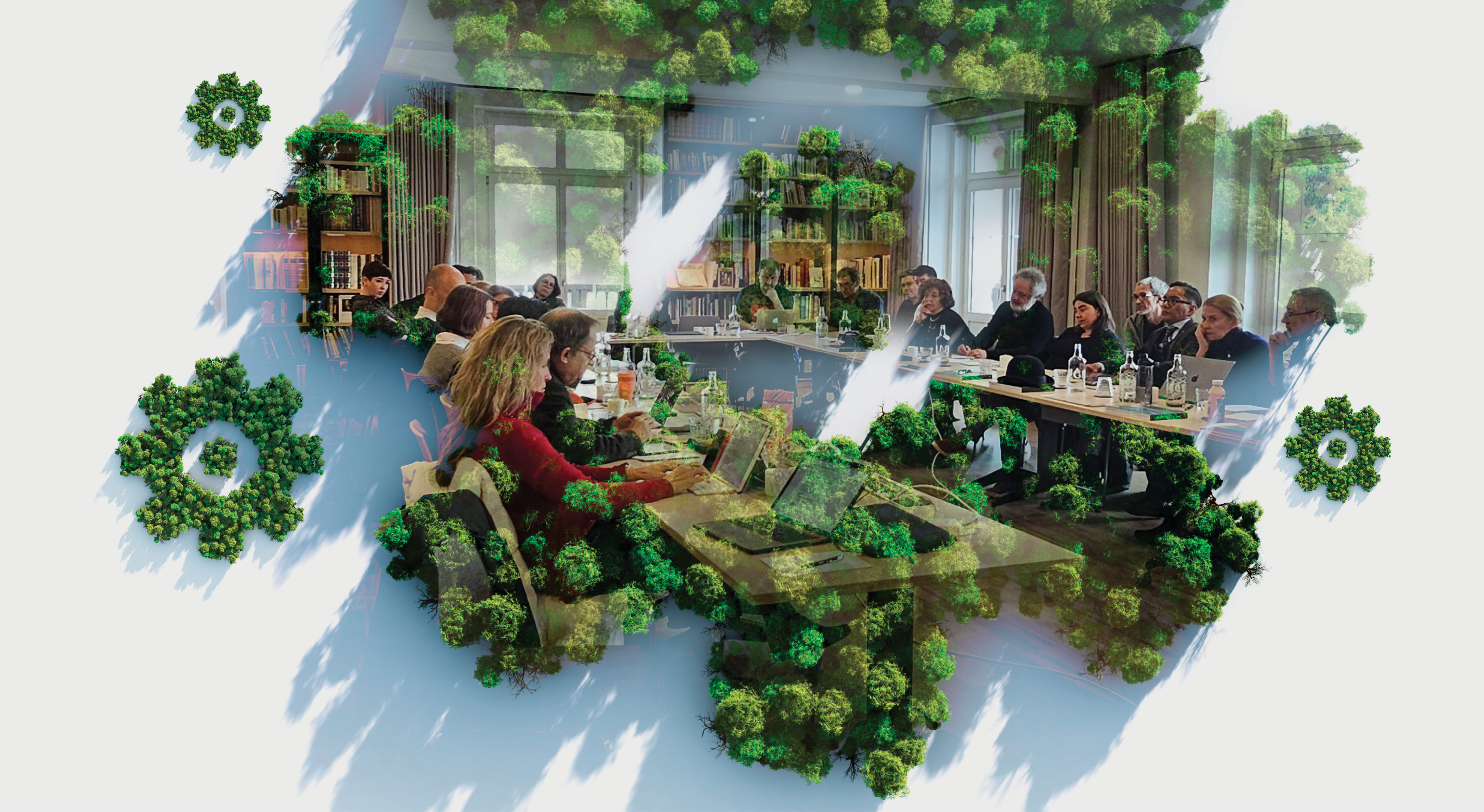Afshin Akhtar-Khavari is a Professor of International Law (Public and Private) at the School of Law. He earned his BSc (genetics) and LLB from the University of New South Wales, LLM from the University of Sydney and PhD from Griffith University.
Afshin's research moves the boundaries of environmental law's concerns and focus by critiquing and reimagining it for the benefit of non-human living beings and systems. His interdisciplinary approach to the law is influenced by reading science and technology, ethics and international politics to understand non-human relationality, creativity, and ways that they experience reality. He is particularly interested in ideas and theories about science that push traditions in that discipline and the influence that this then has on developments in law and governance. He is presently working on projects concerned with restoration, extinction, compassion and plants, examining how environmental law's reach can be further extended for the benefit of non-human beings. He has published widely into journals, edited collections and has written monographs, textbooks, and edited books and special issues of journals. He is currently writing a book for the Routledge Explorations in Environmental Studies series on the topic of international law and restorative environmentalism.
Afshin has been a thought leader and innovator in curriculum design and teaching in the area of 'internationalising' legal education, and in 2004




